In Q2 2017, Latvia was the second fastest growing economy amongst 21 EU member states, and after Romania. According to Eurostat’s preliminary, seasonally-adjusted data, published in mid-August, the country’s GDP expanded by 4.8 per cent year-on-year.
“Right now the economy is balanced, but it will heat up in the coming years. It is already showing the same signs that were observed during the years of the economic boom,” says Janis Platais, chairman at the Latvian Fiscal Discipline Council (FDC).
In 2006 and 2007, Latvia’s GDP amounted to 21.8 per cent and was followed by an epic recession — between 2008 and 2010 the economy shrunk by 21.7 per cent. The current government debt stands at around 40 per cent of GDP and is well below the 60 per cent ceiling, however the situation can change suddenly, the Council warns.
The Finance Ministry has updated its macroeconomic forecasts for 2017-2020 in preparation for the drafting of the 2018 budget and expects the GDP to increase by 3.7 per cent in 2017 and 3.4 per cent in 2018.
Divisions ahead
The economy’s heat-up is not the only concern that Latvia has. “Russia is still considered as the main threat to the national security of Latvia,” Dr Māris Andžāns, research fellow at the Latvian Institute for International Affairs (LIIA), tells Emerging Europe. “As Russia invades a neighbour every few years, this naturally has deep implications in its relationships with other neighbours as well,” he adds.
According to Una Bergmane, post-doctoral fellow at Cornell University, the recent local elections that were held in June, showed a rise of ethnic issues, bearing in mind that about 26 per cent of the country’s population is ethnically Russian. Riga, home to a third of Latvia’s population, and with a majority Russian-speaking population, saw the keenest battle that resulted in the Harmony Centre-An Honour to Serve Riga coalition taking 39 of the 60 seats in the local government and with sitting Mayor, Nils Usakovs, who promoted social welfare and a stronger trade and investment relationship with Russia, staying in power.
The question is whether the results of the local vote will extend to the parliamentary elections which will take place in 2018.
“Today, there is a coalition government, led by the two right-wing parties, National Alliance and Unity. The life-cycle of Latvian parties is not long. They are born, they merge and they die. The ruling coalition parties are challenged by Harmony, the most voted for by the Russian-speaking population, and two new players: the New Conservative Party and the liberal-oriented For Latvia’s Development. The situation is stable for now, but using ethnicity for political purposes, while failing to address corruption and governance will be destabilising in the long term,” Ms Bergmane tells Emerging Europe.
And the positives
Being a buffer state between Russia and the European Union has another positive side to the coin both politically and economically.
“In 2014, Latvia established the NATO Strategic Communications Centre of Excellence and has hosted it since then. Given the topicality of the strategic communication, miscommunication and fake news, the importance of strategic communications will grow and Latvia will try to position itself as a one of the central venues to discuss and offer solutions,” Mr Andžāns explains.
Latvia has EU and Eurozone membership, a good legal framework, openness to foreign investments and a strategic position as a natural gateway between the EU and Russia. Latvia’s Central Statistical Bureau says in 2016 exports to EU countries made up to 74 per cent of the total volume of Latvian exports, with the other two Baltic countries coming first and immediately followed by Russia.
Lauris Liepa, managing partner of Cobalt Latvia, says that Latvia has experienced immense changes, both in relation to the transformation of the economic structure as well as the political and business environment.
“Consequently, after joining the EU and the emergence of new entrepreneurs, who are gradually taking over business management from the early capitalists of nineties, the legal services market has been transformed to address the important new requirements. New generations are well-educated, internationally trained and with experienced young leaders who are looking at Europe as their home market, and not just Latvia or the Baltic States,” he adds.
“Latvia is especially attractive for investors who are interested in the Baltic countries, Scandinavia or CIS markets; or those companies that are looking to establish manufacturing operations in the European Union,” says Andris Ozols, director of the Investment and Development Agency of Latvia (LIAA).
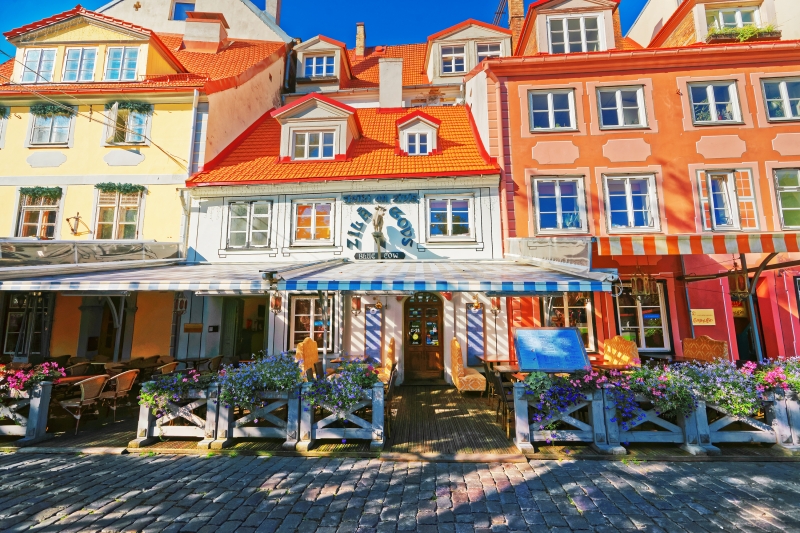
Under-utilised potential
Mr Ozols adds that the business environment in Latvia has changed in the last two decades. We have seen many foreign companies open offices in Latvia and use the talented workforce Latvia offers. The government has improved the communication infrastructure, with Latvia now boasting one of the fastest internet connections in the world,” he adds.
The service sectors, including IT and business services, transport and logistics, tourism and healthcare, are those with high capacity and under-utilised potential for exports.
“When we entered the Latvian market, we looked at the long-term as opposed to the short-term,” Karlis A. Cerbulis, senior vice president of the investment fund NCH tells Emerging Europe. “We saw a country full of opportunities, with a stable legal environment, a stable banking sector and a high level of education.”
“We also focus on developing traditional manufacturing industries where we already have a wealth of experience and knowledge, such as metalworking and machinery, woodworking and food processing,” LIAA’s Mr Ozols adds.
“Latvia. and Malpils especially, was a logical choice for us as the local workforce worked in furniture manufacturing for more than ten years before the financial crises,” says Michael Kvist, CCO at Kvist, a leader of the wood industry, which has been operating in Latvia since 2011. That was when the Danish company acquired the Saga Group Malpils production plant located about 60 km east of Riga. Since the acquisition Mr Kvist’s business has been steadily growing in the production of wooden furniture components.
Other industries are on the rise here, such as the life sciences, pharmaceutics and biotechnology. Scottish Onorach, well known for its work in all therapeutic areas of medicine, opened a subsidiary in Riga.
“We are currently actively working on studies and we are experiencing a lot of interest from European companies who normally would have gone through the UK, but who are now looking at Latvia as a location to run their clinical trials, because of Brexit. Latvia is more stable and has an excellent time frame for R&D,” Professor Christene Leiper, Onorach’s managing director, tells Emerging Europe.
Incentives in place
Latvia has also recently passed a new start-up law, which provides favourable conditions for start-up companies. The country also offers low taxes and special support for entrepreneurs.
“At 15 per cent, we have one of the lowest corporate income tax rates in Europe; we also have numerous labour and business incentives, such as special economic zones where qualifying companies can take advantage of up to 80 per cent tax rebates,” LIAA’s Mr Ozols says.
But the recent tax reform, which will raise social security contributions by one percentage point and will result is personal income tax becoming more progressive, has been much-criticised by many Latvians.
Cornell University’s Dr Bergmane says that the labour shortage is becoming a problem. “We noticed it during Crimea crisis. People are leaving the country and they are not coming back, plus the birth rate is very low. It is not affecting the whole country’s economy yet, but it is creating a problem in daily life, especially for those who live in the countryside.”
“[The negative demographic rate] is partly out of our control, but this represents our biggest issue,” Karlis A. Cerbulis, senior vice president of the investment fund NCH says. “We have to catch up with European levels. We never thought of Latvia as a low-cost region, but rather as a high level place to invest in. The negative demographic issue is a big challenge for us because we need to be more productive.”
Other businesses are also facing that challenge.
“Law firms face ever increasing competition for qualified professionals, since many educated young lawyers are opting to practice in other European and US cities,” Cobalt’s Mr Liepa agrees.
“When we closed down our solid wood facility in Slovakia and moved all our production to Latvia, that was a tough moment for us,” Mr Kvist says. “Being located in the countryside we had to increase our workforce by 300 employees in a very short period of time, with our total number of employees, in Latvia, reaching more than 600.”
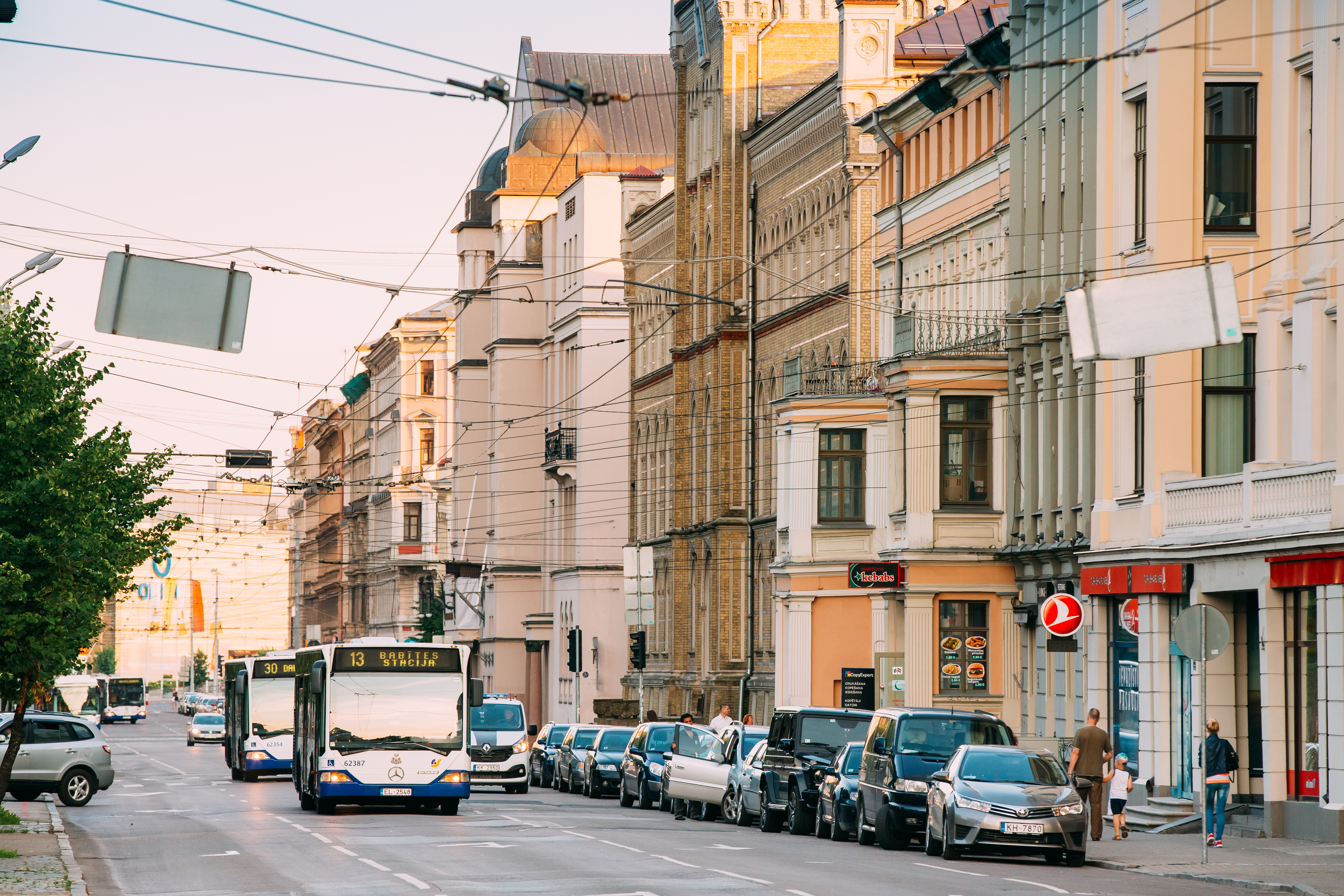
Playing it safe
NCH’s Mr Cerbulis, whose firm started its operations in Latvia immediately after the collapse of the Soviet Union, investing in different sectors but primarily in real estate, also believes that since the crisis, the amount of available credit compared to the GDP has never increased.
“But this process is hopefully starting to turn around and banks are becoming more optimistic. We have experienced four economic crises in the Baltic states: the collapse of the Soviet Union, a huge banking crisis in 1995, the Russian crisis in 1998 and finally the global economic crisis in 2008. However, each of them provided challenges and opportunities,” he adds.
Latvia offers vast business opportunities, but the latest crisis, which has been a severe blow because of the long recovery time, shows that challenges seems to be lurking around the corner.
“We must already start thinking, now, about what will happen once the economy heats up [again],” says the Latvian Fiscal Discipline Council’s Mr Platais.


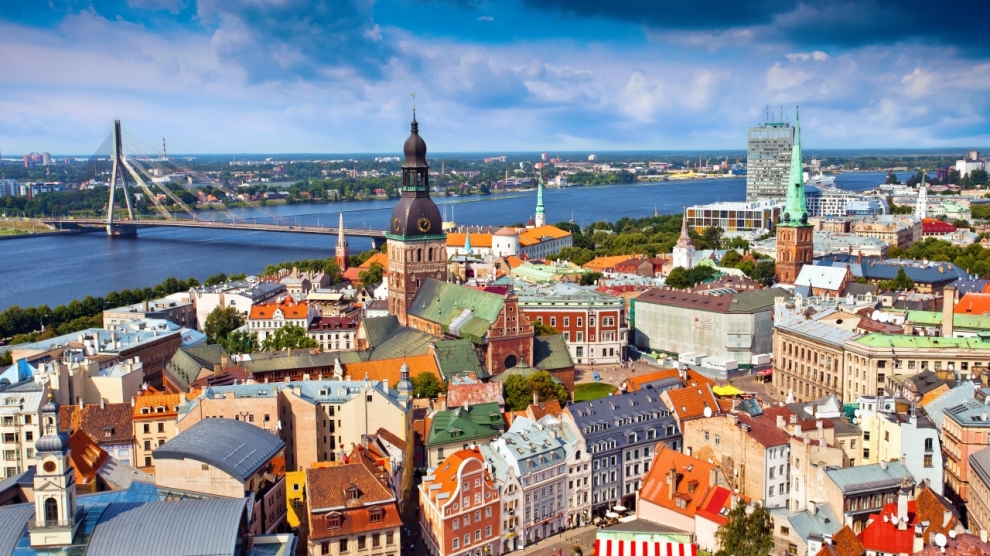
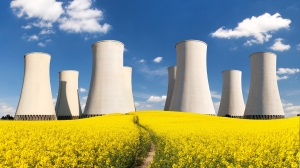
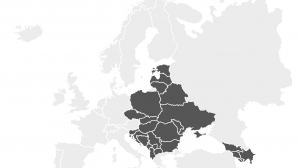
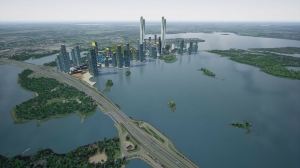
[…] Источник […]